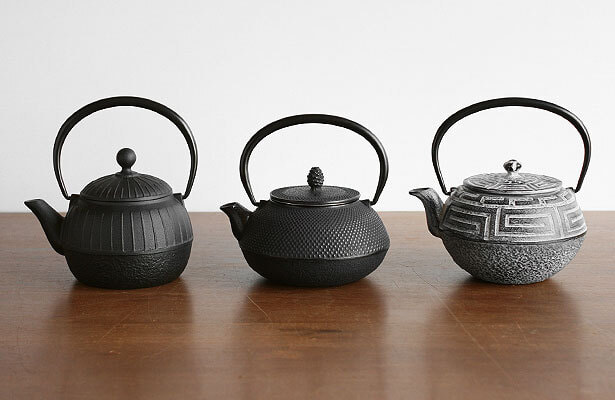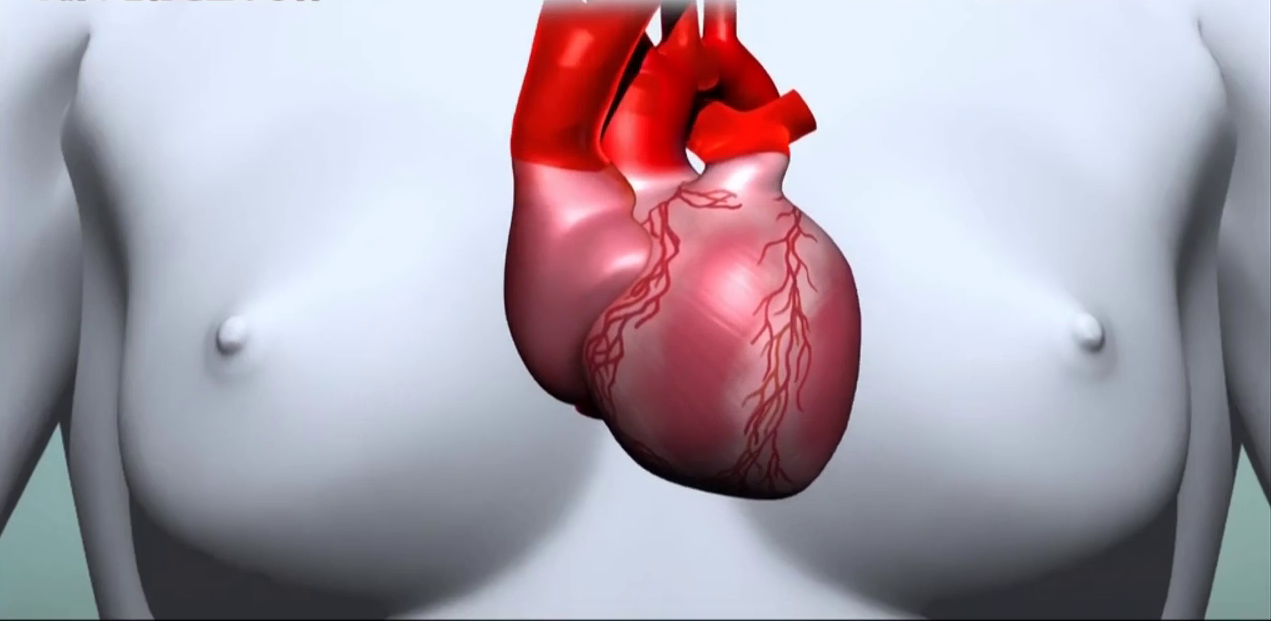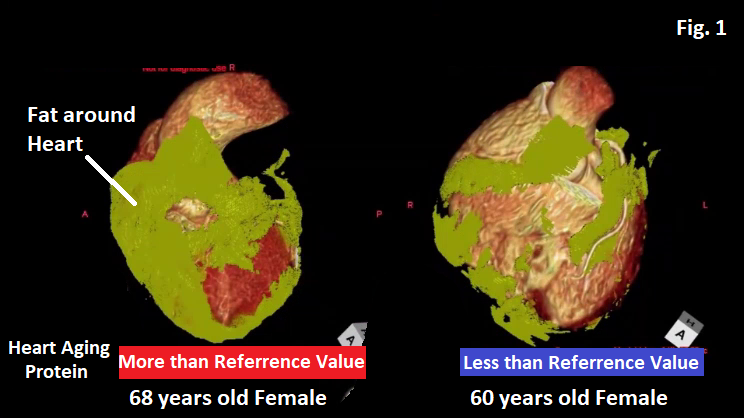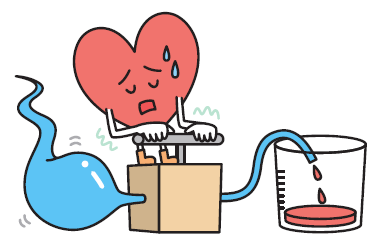|
1. There is nutrition that keeps the heart young without exercises
According to a report published on British Journal of Sports Medicine in 2016, a survey about associations of specific sports and exercises with heart diseases mortality was conducted on 80000 British adults over the age of 30 and it turned out that a specific sport lowered the risk of death due to heart diseases. Q. What is the exercise lowering the risk of death due to heart diseases most? (1) Running (2) Swimming (3) Tennis (4) Aerobics 4th is (1) Running: When the risk of death due to heart diseases without any exercises was set to 1, the risk with running was the same. 3rd is (4) Aerobics: The risk was lowered by 36 %. 2nd is (2) Swimming: The risk was lowered by 41 %. 1st is (3) Tennis: The risk was lowered by 56 %. The reason has not become clear yet, but it is thought that muscle strength to stop and go, and grasp strength to keep swinging a racket prevent heart diseases. But please be at ease. There is a possibility to keep your heart young without playing tennis. The ages of hearts of 72 years old ex-pro tennis player who trained and played tennis at present as well and 6 people who lived in an area and didn’t do any exercises were checked. 72 years old ex-pro tennis player: -4 years old 74 years old ordinary male 1: -18 years old 62 years old ordinary male 2: -26 years old 67 years old ordinary male 3: more than his age 73 years old ordinary male 4: -17 years old 71 years old ordinary female 5: -3 ? years old ordinary female 6: more than her age What keeps their hearts young? People living in the area use ironware because the area is famous for the production of ironware. So the nutrition that keeps your heart young is iron. Taking sufficient iron activates mitochondria that creates energy, increasing the function of the heart. A cup of miso soup with tofu and spinach contains about 0.78 grams of iron, but if it is cooked with ironware, the amount of iron becomes 4.43 mg, which is about 6 times more. How to check whether or not iron is sufficient There is 3-5 grams of iron in our body, which is the same as a piece of nail. If you pull your lower eyelid down, the inside layer should be a vibrant red color. If it is a very pale pink or yellow color, this may indicate that you have iron deficiency.
0 Comments
According to a newest research published on New England Journal of Medicine, a specific substance prevented the aging of the heart and decreased the risk of death caused by heart failure.
The substance is a ketone body, which everybody can produce in the body. How can a ketone body prevent the aging of the heart? The number of heart beat in its lifetime is determined by a kind of animal. The number is about 700 million times. For example, the heart beat of a mouse is 600 times per minutes so that it reaches 70 million times in 2 years. That is why their lifespan is about 2 years. The heart beat of a horse is about 45 times per minutes so that it reaches 70 million times in 25 years. The less the number of heart beat is, the longer the lifespan is. So it is important to decrease useless heart beat in order to prevent the aging of the heart, and the key factor is a ketone body. But the amount of ketone bodies depends on a person. Healthy person’s heart beat is about 100 thousand times per day. If it is less than 100 thousand times, their heart can keep healthy longer. The more the heart beat is exceeding 100 thousand times, the easier the heart is aging by the useless heart beat. The more ketone bodies are, the faster the elevated heart beat comes back to the original state, reducing the burden on the heart and preventing the aging of the heart. The more ketone bodies are, the more sufficiently heart beat goes down while sleeping, preventing the aging of the heart. How to secrete more ketone bodies Ketone bodies are produced in the liver and work as energy source to move the body instead of sugar and fat. When you have shortness of breath after climbing up stairs, the heart starts to pump out blood to all the body to deliver oxygen in order to relieve shortness of breath. When ketone bodies are used to pump out blood, the amount of blood pumped out at once increases because of the better energy efficiency, compared to normal energy sources such as carbohydrate or fat. That means heart can work easily and suppresses heart beat, leading to long life of the heart. How can we secrete more ketone bodies? The most effective method is fasting. A 46 years old male whose ketone bodies were 51 (μ mol/L) tried 2 days fasting with drinking a glass of vegetable juice for every meal. After 2 days fasting, his ketone bodies became 4665 (μ mol/L) which was more than 90 times. The amount of ketone bodies produced in the body depends on the amount of sugar in the body. Sugar is used as the source of energy to move the body, but if the amount of sugar decreases due to fasting or other reasons, ketone bodies are produced in the liver as substitute energy of sugar. But it is impossible to continue fasting long time. So how can we secrete more ketone bodies without trying too hard? The important thing is making fasting time longer. The recommended method is mini-fasting which keeps the interval between dinner and breakfast long. A 50 year old woman whose ketone bodies were 19 (μ mol/L) (Reference value: 85 μ mol/L) attended an experiment. She was eating some snack after dinner so that the interval between the snack and breakfast was only 7 hours. She stopped eating snack and made the interval between dinner and breakfast 11 hours for 5 days. After the 5 days experiment, her ketone bodies were 497 (μ mol/L). A healthy heart moves widely, repeating contraction and expansion. By this movement of the heart, blood is delivered to all over the body and we can maintain our life.
But if the function of the heart declines with age, the movement of the heart becomes smaller like the heart itself becomes hard. That makes the contraction and expansion of the heart smaller as well, and sufficient blood can’t be delivered to all over the body. This condition is the aging of the heart. Aging of the heart can cause sudden death such as heart failure even if you were fine the day before it happens. It has been considered so far that the major causes of heart failure were high blood pressure, high cholesterol and others. Recently a substance aging the heart has been discovered. The substance aging the heart exists in everybody’s body. if the substance aging the heart is secreted too much by some influence, negative effects are caused to the muscle of the heart, declining the pump function of the heart. According to a research conducted to 3000 Japanese people, the increase of the substance aging the heart doubled the risk of having heart diseases in 10 years. The substance aging the heart is a type of protein Protein taken from meals is broken down and transformed into various kinds of other protein in the body. The protein aging the heart is one of them. There are about 100 thousand kinds of protein in our body. Typical protein synthesized in our body are: Hemoglobin is a type of protein that delivers oxygen to all over the body by moving in the blood. Insulin is a type of protein which is a hormone controlling blood sugar. Collagen is a type of protein which consists of skin, bones, blood vessels, etc. The protein aging the heart is Angiopoietin-L2 which is normally secreted from the heart cells and maintains the condition of the heart cells, but over-increase of angiopoietin-L2 damages the muscles of the heart and declines the heart function. Angiopoietin-L2 is secreted from all the body cells. If it increases too much in the heart, aging of the heart is caused. If it increases too much in blood vessels, hardening of blood vessel is caused. If it increases too much in the skin, wrinkles are caused. According to a research using a mouse, if Angippoietin-L2 is always high, that elevates the risk of developing cancer. What increases Heart aging protein Angiopoietin-L2? One of the causes is aging, but the biggest cause is fat around the heart. Fat cells around the heart also secrete Angiopoietin-L2, so if there is a lot of fat around the heart, the heart function declines. What is the life habit accumulating fat around the heart? The difference between a person with high Angiopoietin-L2 (more fat around the heart) and a person with low Angiopoietin-L2(less fat around the heart) is sitting time (Fig. 1). According to a medical research paper published in US in 2014, regardless of doing exercises, the longer the sitting time is, the more fat around the heart accumulates. Continuing the life habit of sitting for a long time accumulates fat around the heart and other organs. There is a possibility that fat is accumulated around the heart if the weight has gained more than before. If you stand up once within an hour, more calories are consumed than sitting and it is expected to decrease the fat around the heart. Stretching decreases Heart Aging Protein It has turned out that stretching muscles suppresses the production of angiopoietin-L2. In addition to standing up at least once every hour, stretching yourself when you stand up is more effective. When you stretch yourself, raise your arms above your head crossing your fingers with your abdominal muscles stretched. Our heart becomes smaller and harder with aging. The muscles of the heart become hard, causing the heart not to move well. That causes shortness of breath by going up stairs a little bit or makes easy to get tired. If it gets worse, serious heart failure happens, which causes sudden death.
The substance making our heart soft is SOD (Superoxide dismutase) which is a type of enzyme in our body is an enzyme that repairs cells and reduces the damage done to them by superoxide, the most common free radical in the body. So if you can secrete SOD a lot, you can keep your heart soft. According to 10 years of a research, the death rate due to heart failure among the people who secrete a lot of SOD was one sixth of the people who didn’t secrete SOD very well. The heart starts becoming hard from the age of 30s. If the muscle of the heart becomes hard, the amount of blood pumped out by one pulsation decreases so the amount of blood delivered to the body always becomes short. Blood contains oxygen and nutrition which are required to maintain life. The decrease of delivered blood causes lack of oxygen and nutrition in the whole body, resulting in shortness of breath, fatigue or in the worst case, sudden death due to heart failure. The amount of blood pumped out from the heart is 7000 liters (35 steel drums) per day. If the heart is hard, the amount of blood pumped out from the heart decreases by 1/3 (about 12 steel drums). According to a research in National Institute of Aging in US, as a result of measurement of SOD in some kinds of mammalians including human, the more SOD is, the longer life span is. The amount of SOD of various animals were examined. Shiba Inu (dog): 1.6 (Average life span:14 years) Munchkin (cat): 3.1 (15 years) Monkey: 5.7 (30 years) Horse: 4.4 (25 years) Mouse: 0.5 (3 years) Human: 6.2 (80 years) The above shows the relationship between heart and life span. The number that the heart can pulsate in a lifetime is limited. The number of pulsation in a lifetime is one billion times. In the case of a mouse, 600 times/minute x 3 years = 1 billion times. In the case of a dog, 120 times/minute x 15 years = 1 billion times. If this law is applied to the human, 70 times/minute x 30 years = 1 billion times. We are supposed to live only for 30 years. There is difference of 50 years, compared to actual life span. This difference is brought by more plentiful amount of SOD than other animals. The amount of human’s SOD is richer than other animals, but it starts to decrease rapidly from the age of 40. Therefore, it is important to increase SOD in order to keep the heart elastic. People who live in a town where are a lot of hills are rich in SOD. It is considered that placing a load on the muscles by walking on a hill leads to the secretion of a lot of SOD. To increase SOD, it is important to walk on hills and stairs. The point is climbing up and down stairs slowly. The slower you climb up and down stairs, the more you can place a load on the muscles. What is the nutrient which will be the key to make your heart younger?
That is IRON. Iron becomes red when combined to oxygen. Our body contains 3 to 5 g of iron. Hemoglobin containing iron carries oxygen to the whole body. Previously, the most important role of iron was considered as carrying oxygen to the whole body. However, it has turned out that iron is playing an important role for the heart. Our muscle doesn’t move without iron. The heart is a mass of muscles so it doesn’t move well if iron is insufficient. There is a possibility that the increase of heart failure is related to lack of iron. What do you need to eat to take iron efficiently? Iron is contained a lot in liver, red meat and animal heart. Decrease of eating meat with age is considered as a cause of insufficient iron. 68 years old female whose iron is 34.8 ng/ml (baseline 100 ng/ml) is possibly in pre-heart failure condition. Her family runs a bakery. She starts working at 6 am and the morning is the busiest time because they have to prepare 300 breads. She has breakfast at 8 am. She eats the leftover breads of yesterday, some broccolis and lotus roots. Lunch time is busy with customers so she has her lunch at 3 pm. She eats some ham & egg sandwiches, a cup of soy source soup with vegetables and fish dumplings, some vegetables boiled down in soy source, and an orange. Her work is over at 6:45 pm. She eats brown rice, grilled salmon, salad, boiled vegetables and a persimmon. The amount of iron she takes from her meals is 6.1 mg which is lower than the average of 60s female in Japan, 8.1 mg. How much iron does she have to take in order to make her heart younger? She starts to take more than 10 mg of iron a day for 10 days. She prepares a dish made of dried daikon radish, soy bean products (fried bean curd) and Enoki mushroom, which she can store for a few days, and also she can take more than 10 g of iron a day if she eats 3 times. To accomplish it, she cooks and eats various kinds of dishes mixing the prepared dish. 10 days later her iron increased from 32.4 to 69.2 ng/ml. She also tried 6 minutes walking test. Last time she walked 580 m but couldn’t accomplish the baseline 586.9 m. This time she walked 608 m which is 28 m more than the last time. Do you know how many times our heart beats a day?
The answer is about 100 thousand times. The heart doesn’t stop any moment and if you live until 80 years old, your heart beats about 2.9 billion times in your life. So it is not surprising that our heart becomes weaker with age. The healthy heart sends out blood to the whole body by the repeats that a left ventricle contracts and expands flexibly. On the other hand, if the function of the heart becomes weak, the left ventricle is not able to contract and expand enough to send out sufficient blood to the whole body. This is the condition called heart failure. Once you become this condition, you experience shortness of breath even if you climb up stairs a little or you tend to easily get tired. Before we notice, people with pre-heart failure (hearts become as weak as just before heart failure) are dramatically increasing. The cause attracting attention is lack of nutrient which becomes the source of required energy for the heart. So what is the source of the energy for the heart? It has not been proven because it is the latest medical research, but there are not a few elderly people who are short of the nutrient potentially. 8 elderly people who checked the amount of the nutrient had 6 minutes walking test to check the performance of the heart. 3 of the 4 people who were short of the nutrient couldn’t walk the baseline distance within 6 minutes and 1 of the 4 people who were not short of the nutrient couldn’t walk the baseline distance. This tells that there is an obvious difference about the heart function. In a research, 300 people who showed the weakness of heart such as shortness of breath were gathered and the nutrient becoming the source of the energy was given for a year. As a result, their heart function was dramatically improved. What is the nutrient which will be the key to make your heart younger? |
IchiroThis Blog is for a memo of my clinical realizations, information about health I have learned recently and update information. Archives
April 2024
Categories
All
|




 RSS Feed
RSS Feed